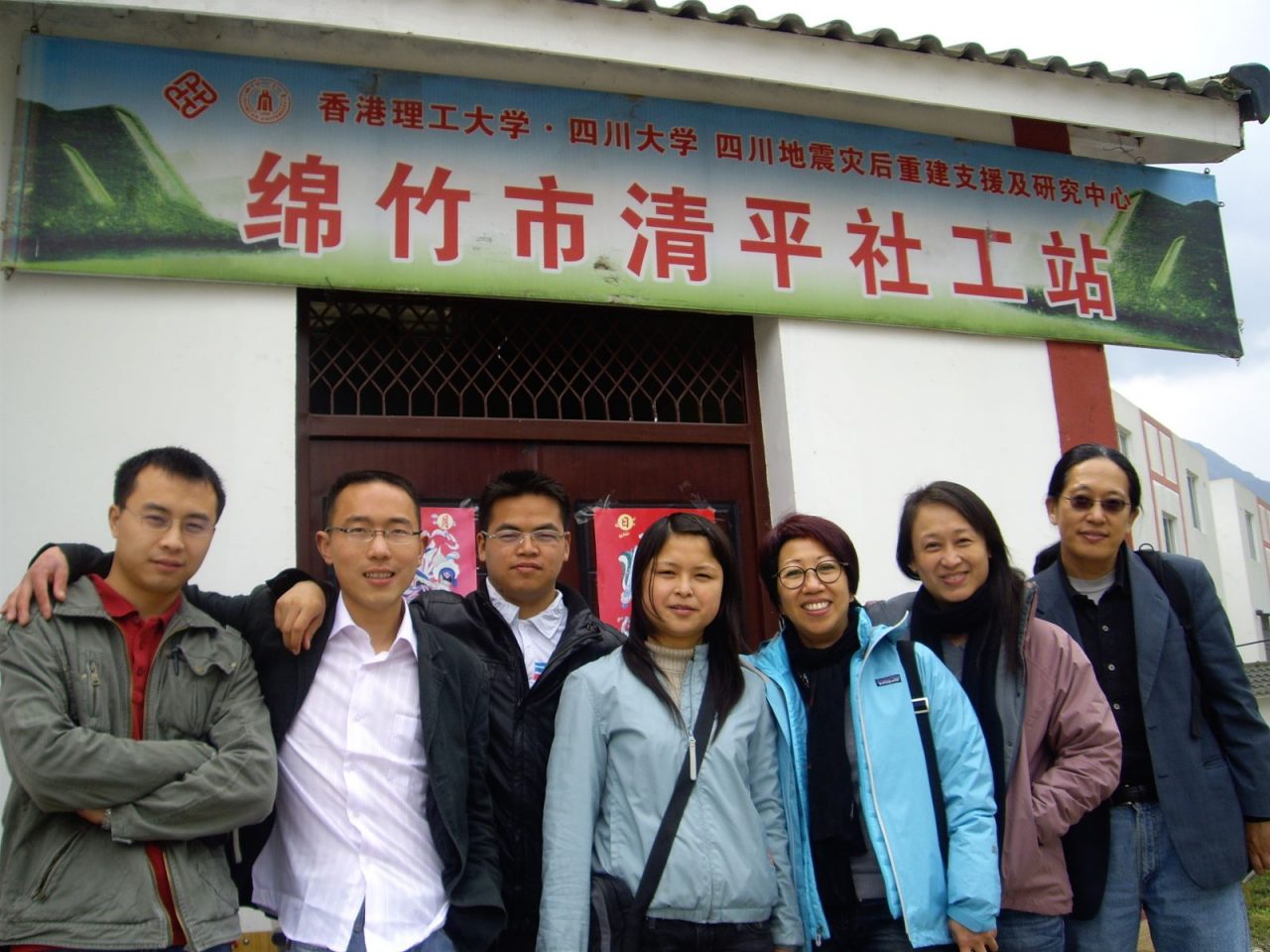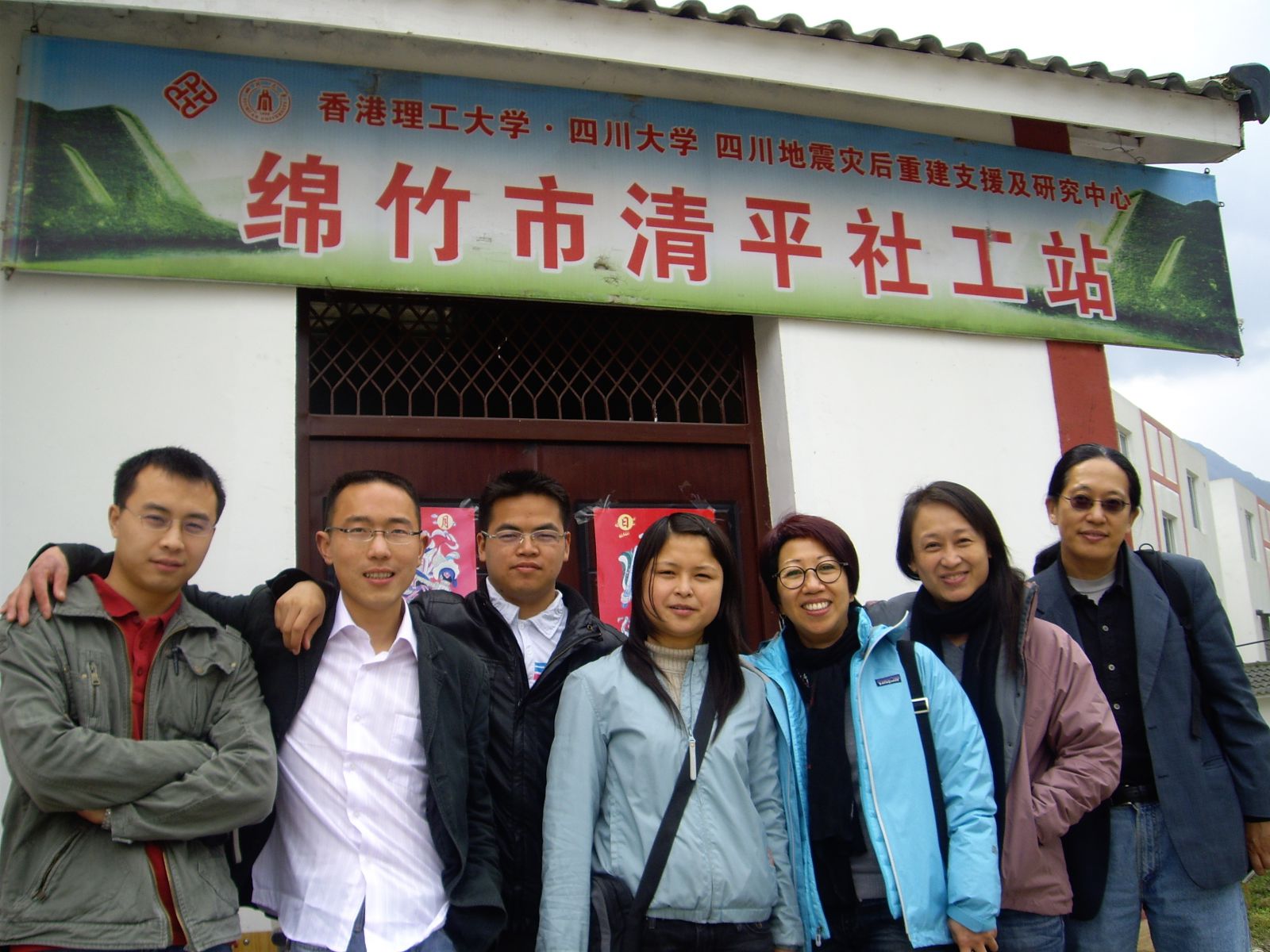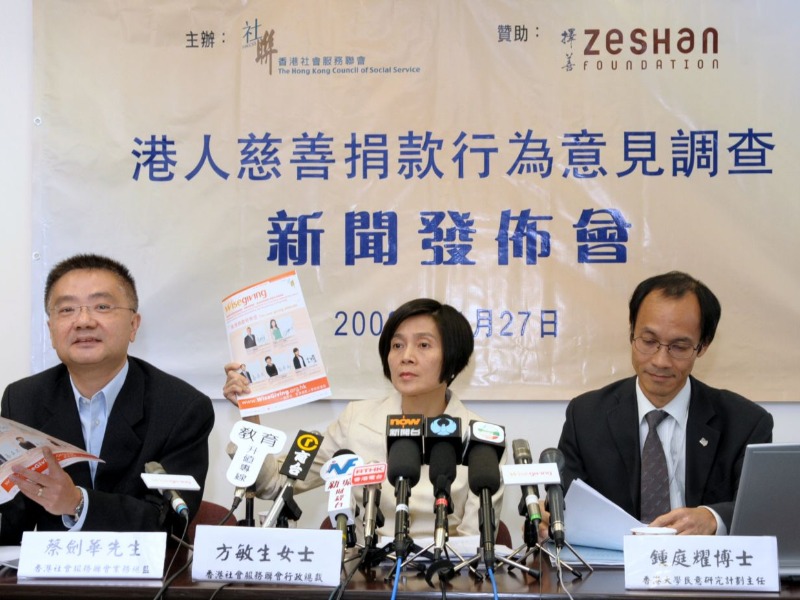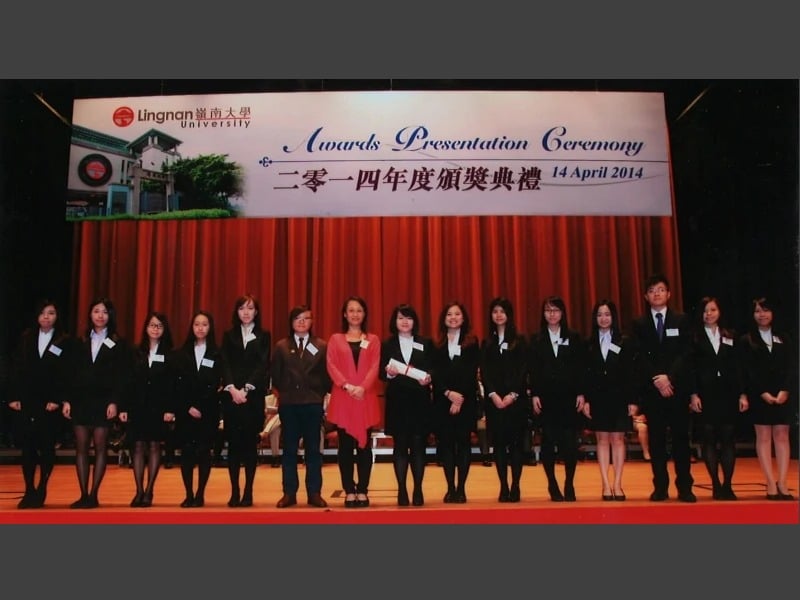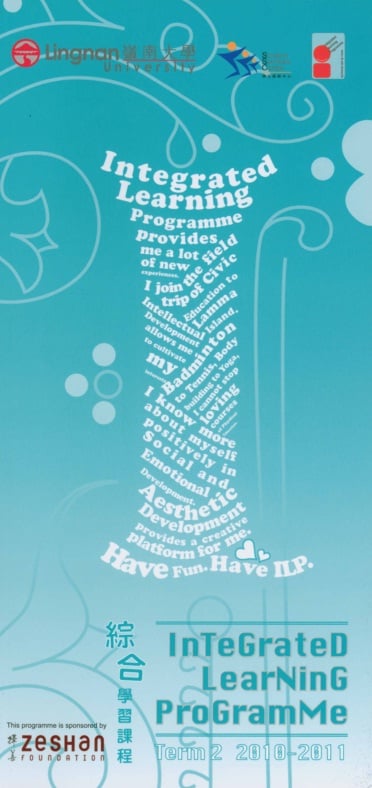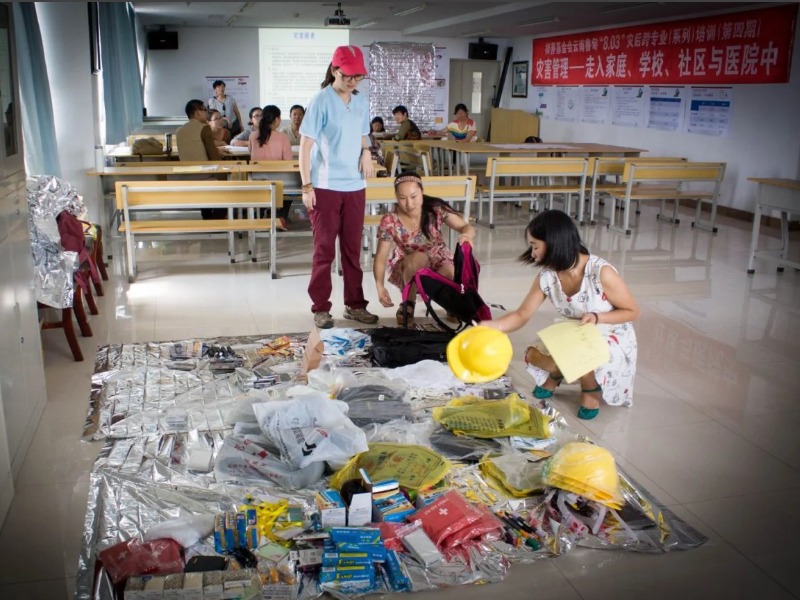
Initiative to Rebuild Community Leadership
The earthquake on May 12, 2008 in Sichuan, China, caused enormous damage to human lives and properties, paralyzing the local economy with a direct economic loss exceeding RMB100 billion in Mianzhu City alone. It also dealt a heavy blow to the local community leadership capacity: hundreds of local leaders lost their lives and many more were injured. Those who fortunately survived the disaster felt helpless and incapacitated.
Endorsed by China’s Central State Council, Beijing Normal University (BNU) and the University of Hong Kong (HKU) jointly formed the Major Disaster Management Initiative, which aims to resolve a key “bottleneck” in post-disaster rebuilding by restoring local community leadership capacity, and cultivating new blood for grassroots NGO development.
The project selected the Hanwang Shelter in Mianzhu as its entry point to map out a strategy for rebuilding community leadership. The Hanwang Shelter, with over 50,000 residents, was the largest of the many which were hastily put up to accommodate thousands of survivors displaced by the earthquake.
The initiative, under the joint leadership of Professor Zhang Xiulan (BNU) and Professor Cecilia Chan (HKU), combined the strength of social work and community development with social research. While seeking to rebuild local leadership capacity, the project team organized workshops on stress management and work-skills training for community leaders and volunteers. Mutual respect between the project team and local government led to trust and collaboration, which evolved into a strong and ongoing partnership. One of the outcomes was the creation of locally-groomed NGOs that have received strong support from the government.
The strong research component of the initiative has led to comprehensive documentation of the reconstruction experience, which in turn provides useful information to both academia and government policymakers on post-disaster rehabilitation. Research results have been well-received at national and nternational conferences on disasters and community rebuilding. Today, the BNU-HKU initiative is a fixture in the local community’s tireless effort to rebuild and redevelop the disasterstricken region. The service center also serves as a training camp for aspiring social work students from both mainland and Hong Kong universities


